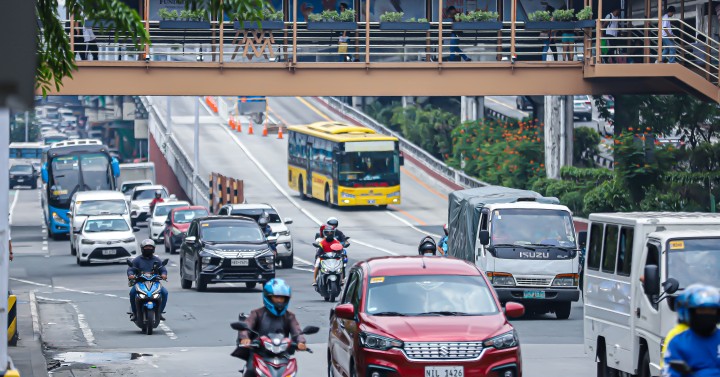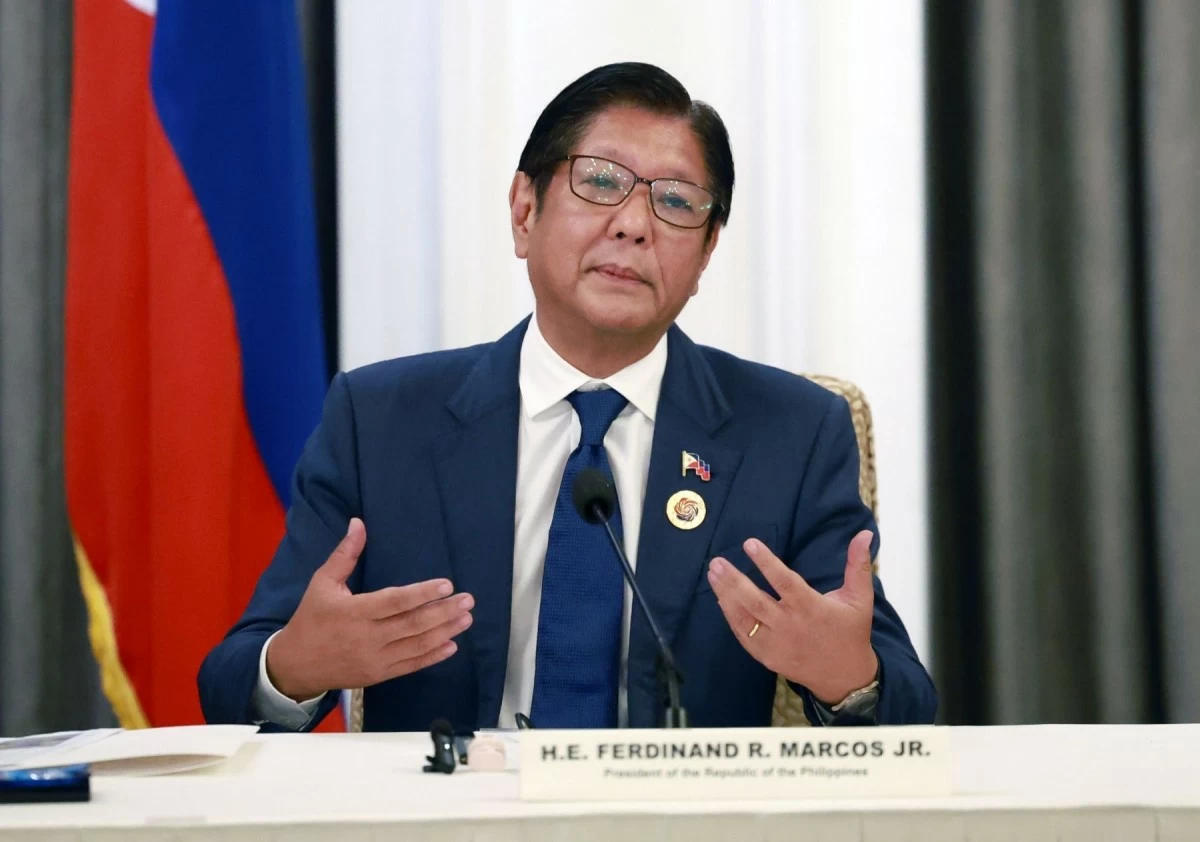K-12 Program Under Scrutiny: Marcos Jr. Questions its Effectiveness and Impact on Filipino Families

K-12 Program Under Scrutiny: Marcos Jr. Questions its Effectiveness and Impact on Filipino Families
President Ferdinand Marcos Jr. has raised concerns regarding the K-12 education program, stating it hasn't fulfilled its promises to adequately prepare Filipino students for the workforce. His remarks, made on Wednesday, have sparked a renewed debate about the program's efficacy and its financial strain on families.
The K-12 program, implemented in 2013, aimed to align the Philippine education system with international standards and provide students with skills relevant to employment. However, President Marcos Jr. expressed disappointment, asserting that the program has fallen short of these goals. “It did not deliver on its promises,” he stated, highlighting the need for a reevaluation of the system.
A significant point of concern raised by the President is the added economic burden placed on Filipino parents. The extension of the school year from 10 to 12 years has resulted in increased expenses for tuition, school supplies, and other educational costs. For many families, particularly those from lower-income brackets, these additional costs represent a considerable financial challenge.
Challenges and Criticisms of the K-12 Program
Beyond the financial implications, criticisms of the K-12 program have also centered on its implementation and impact on the quality of education. Some educators and stakeholders have pointed out issues such as:
- Teacher Training: Concerns remain about the adequacy of teacher training to effectively implement the K-12 curriculum.
- Curriculum Relevance: Questions have been raised about whether the curriculum adequately addresses the skills and knowledge needed for the 21st-century workforce.
- Infrastructure Deficiencies: Many schools lack the necessary infrastructure, such as classrooms, laboratories, and libraries, to support the K-12 program effectively.
Moving Forward: Re-evaluating and Refining the K-12 Program
President Marcos Jr.’s remarks underscore the urgency of re-evaluating the K-12 program and identifying areas for improvement. Potential solutions could include:
- Curriculum Enhancement: Revising the curriculum to better align it with industry needs and emerging technologies.
- Teacher Professional Development: Investing in ongoing professional development for teachers to enhance their skills and knowledge.
- Financial Assistance for Families: Providing financial assistance to low-income families to help offset the costs of the K-12 program.
- Infrastructure Upgrades: Prioritizing infrastructure upgrades to ensure that all schools have the resources they need to support the program.
The President's call for a review of the K-12 program signals a commitment to ensuring that the Philippine education system effectively prepares students for the future and alleviates the financial burden on Filipino families. A comprehensive assessment, coupled with collaborative efforts from educators, policymakers, and stakeholders, is crucial to refining the program and achieving its intended goals.
The discussion surrounding the K-12 program highlights the ongoing challenges in improving the Philippine education system and ensuring that all Filipino students have access to quality education.





